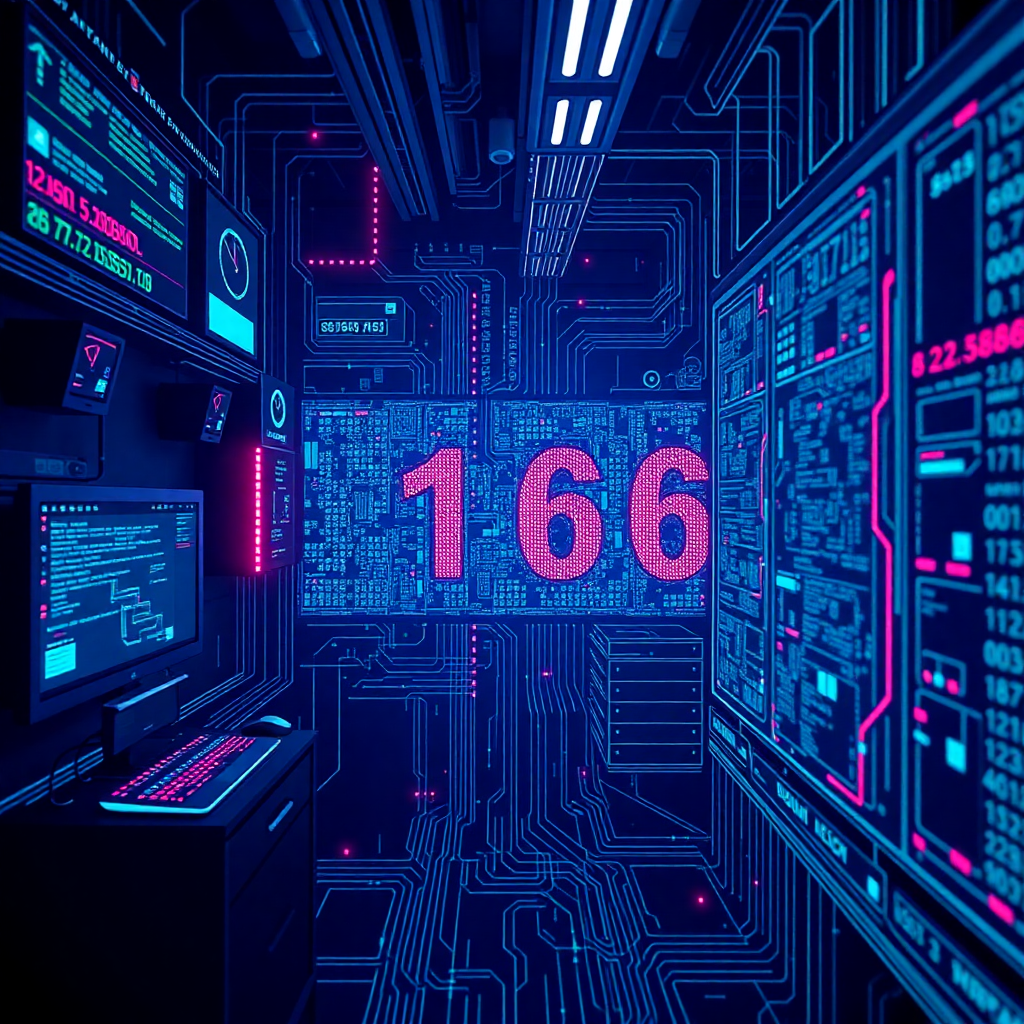How Raniac Ensures Deterministic and Scalable Task ID Generation
In any automated system, every task or event needs a unique ID to keep track of work items safely and reliably. For a distributed automation platform, generating these IDs must be both deterministic (never random or ad?hoc) and scalable (able to create millions per second without collisions). Raniac’s engineers built a specialized ID generator that meets these needs: it combines the current time, a unique process/machine identifier, and a local sequence counter into each ID. The result is a compact, alphanumeric ID (using Base62 encoding) that can be produced extremely quickly across many servers, yet can never repeat—even across restarts or failures. This system underpins Raniac’s high?volume automation workflows, so our clients can Automate. Accelerate. Energize. their business without worrying about ID conflicts or performance bottlenecks.
Deterministic ID Design with Time, Identity, and Sequence
At its core, each Raniac task ID is a composite “serial number” made of several parts. First comes a timestamp in milliseconds since a chosen epoch. Next comes a unique identifier for which node or process generated the ID. Finally, a small counter (sequence) distinguishes multiple IDs created in the same instant. In a structure similar to Twitter’s Snowflake IDs, this might look like:
[timestamp bits][machine/process ID bits][sequence bits]Here’s how each part contributes:
Timestamp
Uses a clock tick — typically milliseconds since a fixed start date. Because time only moves forward, this guarantees IDs are roughly sortable by creation time and never reused. Raniac shifts the epoch (the “zero” point) closer to today to keep IDs compact and extend the usable lifespan.
Process/Machine ID
Every server or process in the cluster is assigned a fixed number (derived from its node name, IP, or explicitly configured). Including this in the ID means two machines will never generate the same ID at the same time.
Sequence Counter
Within a single timestamp tick (one millisecond), a server may need to generate many IDs. The sequence counter increments for each ID in that tick and resets when the time advances. This ensures multiple IDs per millisecond remain unique.
Analogy: Imagine a factory with many parallel assembly lines. Each part is stamped with the date, line number, and a serial number. Even if all lines stamp 1,000 parts a second, each part’s stamp is globally unique.
Compact Encoding with Base62 and Configurable Length
To keep IDs short and user?friendly, Raniac encodes them using Base62 (digits 0–9, lowercase a–z, uppercase A–Z). Base62 packs more information per character than hexadecimal, making IDs shorter and easier to handle. We also make the bit allocations configurable so that clients who need very high throughput or decade?long ID lifetimes can adjust the parts accordingly.
Generating Millions of IDs per Second at Scale
Because each process in the Raniac system generates IDs independently (with its own machine/process ID and sequence counter), you can run many workers in parallel and still maintain uniqueness. Even a single process can produce thousands of IDs per millisecond. With dozens or hundreds of processes across machines, you reach millions of IDs per second easily.
If one process fills its “sequence allotment” in a millisecond, it simply waits a fraction of a millisecond for the next tick — no global coordination needed. More machines means more throughput — scaling is linear.
Robustness and Collision Avoidance
- No Collisions Across Restarts: Because each process has a fixed ID and time advances, any restart will generate new IDs that won’t clash with old ones.
- Clock Skew Handling: If the system clock moves backward, Raniac’s generator detects this and delays issuance so that time still moves strictly forward in ID logic.
- Sequence Limits: If a process generates more IDs in one millisecond than its counter allows, it waits the remainder of that millisecond — ensuring no duplicates.
- Fault Isolation: If one node fails or restarts, no other node is impacted. There is no centralized lock or risky shared state.
Conclusion
At Raniac, we’ve built a core infrastructure component that enables you to Automate. Accelerate. Energize. your workflows — confidently, reliably, and at scale. With our deterministic task ID system, you get globally unique IDs, even across machines and restarts, in a simple and compact format. Deploy once, scale anywhere, and never worry about ID collisions.






